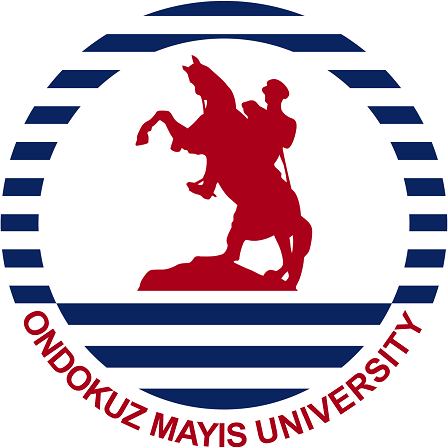| # | Program Outcome ID | Statement |
|---|---|---|
| 1 | 113236 | To be able to define the disciplines within the scope of musicology (Historical musicology, Systematic musicology, Ethnomusicology and New musicology) and to explain the theoretical and practical differences between these disciplines. |
| 2 | 113228 | To be able to play at least one instrument with tampere (piano, guitar, etc.) and modal/modal features (bağlama, oud, classical kemençe, etc.) at the level of vocalization. |
| 3 | 113230 | To be able to design a research project within the discipline of musicology and to apply methods and techniques for data collection. |
| 4 | 113231 | To be able to identify and use scientific methods and techniques used in music research. |
| 5 | 113225 | To be able to perceive and analyze music at the level of dictation and analysis. |
| 6 | 113237 | To be able to comprehend the theoretical and methodological relations between musicology and other disciplines (anthropology, history, sociology, psychology, cultural studies, etc.). |
| 7 | 113235 | To be able to outline the cultural, formal and technical features of transnational and national musical practices. |
| 8 | 113234 | To be able to comprehend the use of software for recording, notation and analysis of music. |
| 9 | 113232 | To be able to comprehend the social and cultural effects of studies in the field of musicology at national and international level. |
| 10 | 113233 | To be able to define theoretical, social/cultural, scientific and practical terminology and concepts related to music. |
| 11 | 113227 | To be able to reach and evaluate printed and online written sources related to music. |
| 12 | 113229 | To be able to present the results obtained at the end of the research process in written (research report, paper, thesis, article, etc.) and orally (seminar, symposium, congress, etc.). |
| 13 | 113226 | To be able to follow and evaluate the international literature (in a foreign language) related to the field. |
